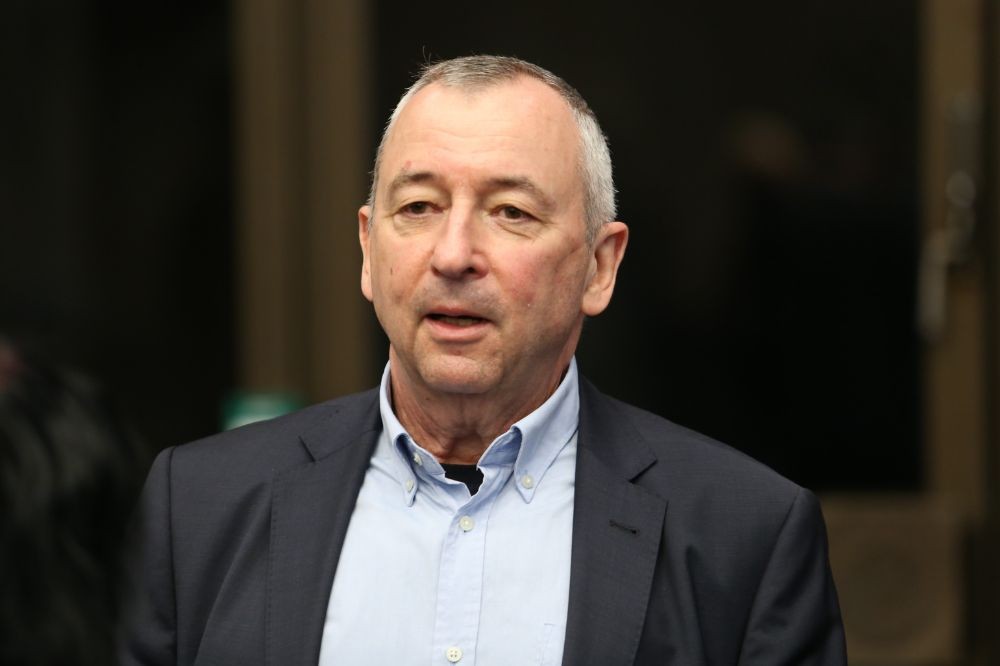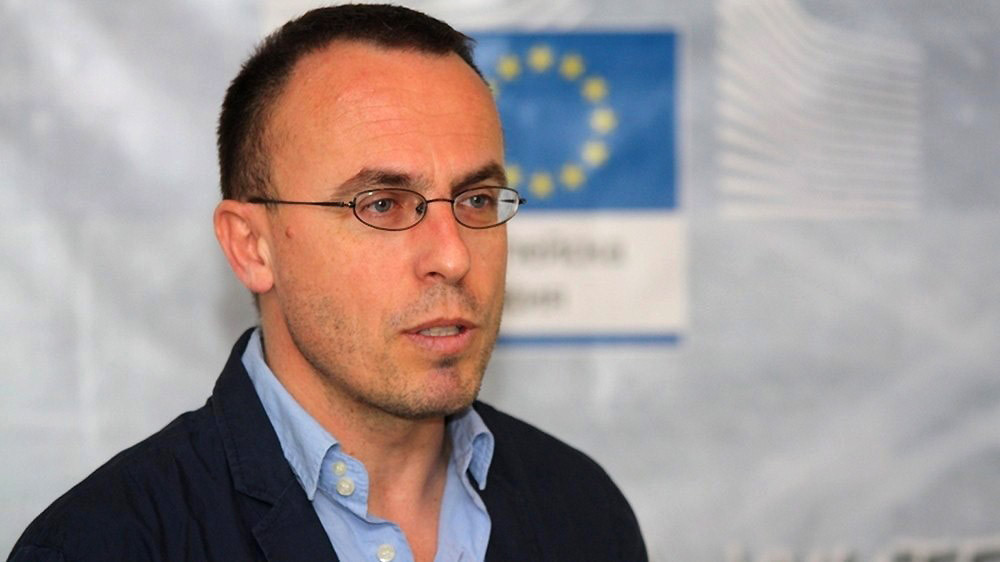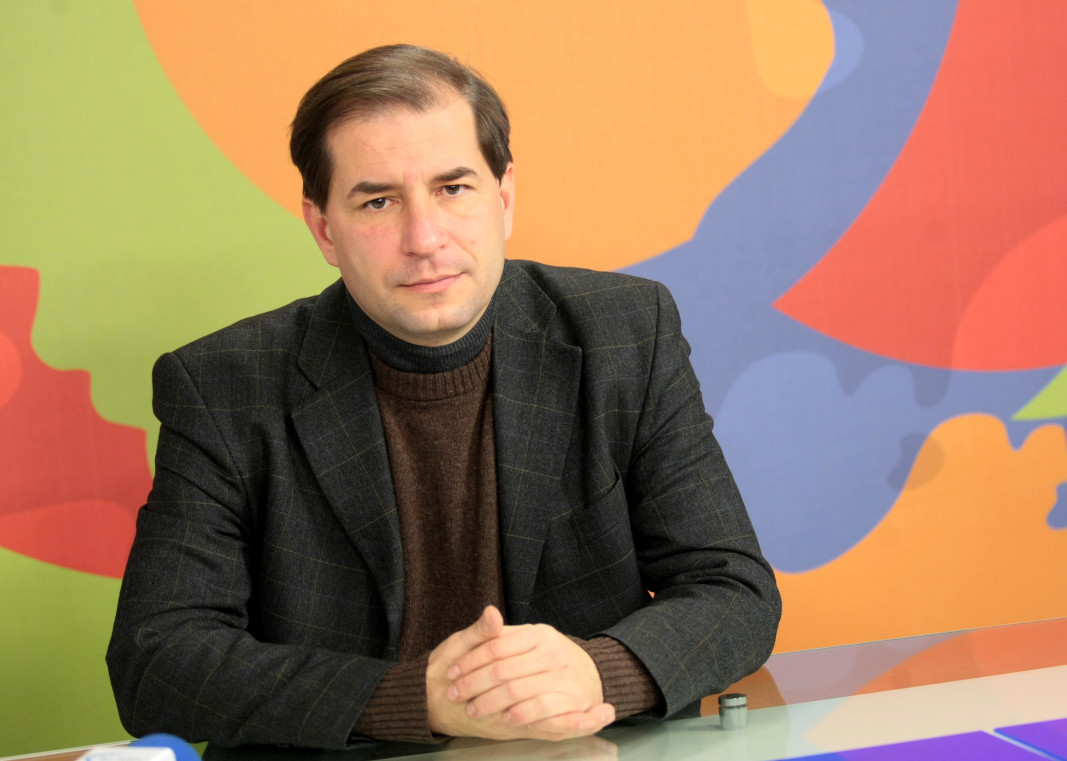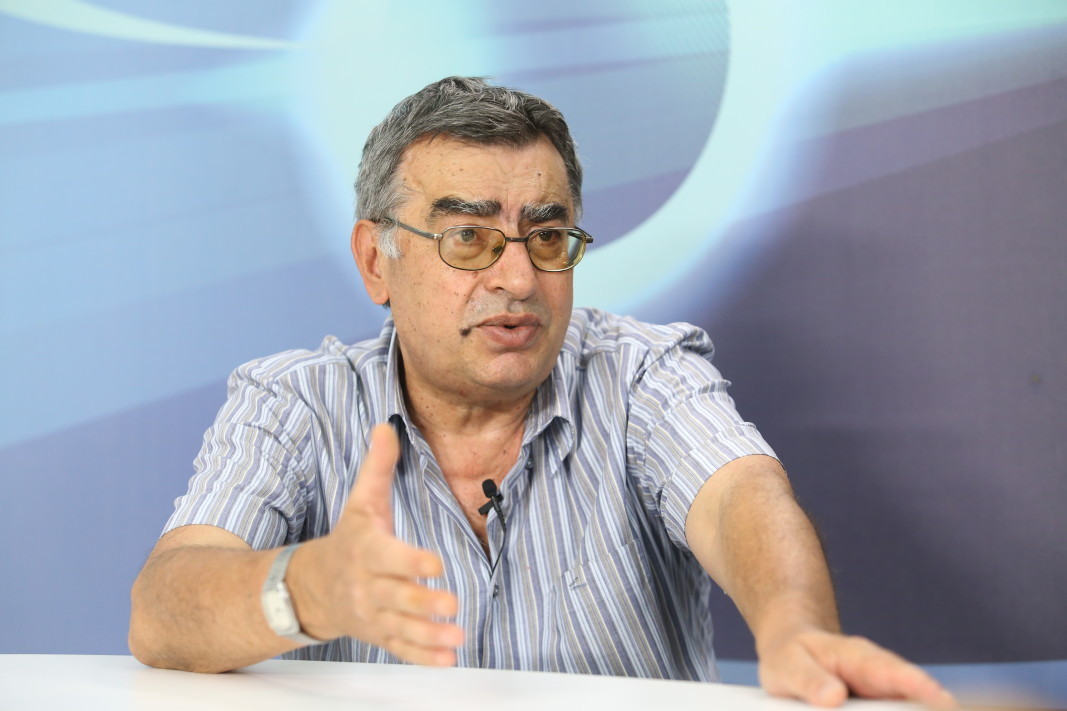



The decision for Bulgaria's full membership in the Schengen area from the beginning of 2025 is a historic event both for the country and for relations with neighboring EU countries – Romania and Greece. What is the defining event in..
Making sense of the events from one whole year succinctly is, without doubt, a challenge, especially if we are talking about politics. The early elections for parliament, that have become something of a tradition in this country, took voters to the..
Romania closes dozens of border check points as of 1 January In connection with its full accession to the Schengen area, as of 1 January, 2025, Romania is closing more than 30 border check points on its borders with Bulgaria and Hungary, Radio..
The decision for Bulgaria's full membership in the Schengen area from the beginning of 2025 is a historic event both for the country..

+359 2 9336 661
